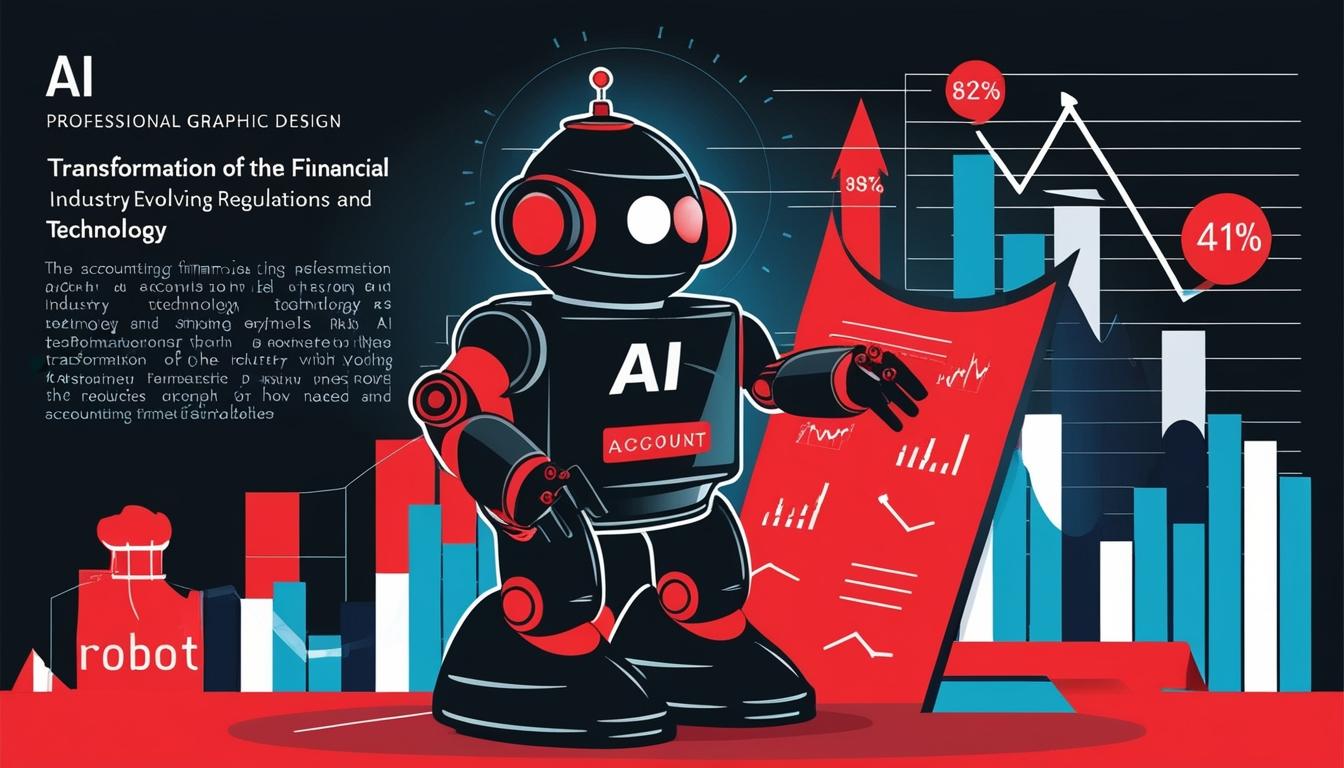Large-scale financial transformations are increasingly becoming a focal point in the accounting profession, particularly with the advent of artificial intelligence (AI) and process automation. Several notable developments have emerged within the industry that highlight the ongoing integration of AI technologies, alongside regulatory changes impacting financial disclosures and firm operations.
One significant shift is being implemented by the Public Company Accounting Oversight Board (PCAOB), which has mandated that large accounting firms submit financial statements annually. This rule change, voted on on Thursday with a 4-1 majority, aims to enhance transparency regarding firms' operations and engagements, including requirements to disclose metrics such as auditor turnover and workload. The ruling has received a mixed reception, as it faced pushback from some auditors while gaining support from investors seeking greater accountability.
In a practical application of AI, the Defence Logistics Agency (DLA) is exploring AI technologies to streamline its financial audit processes. Deputy Chief Financial Officer Shawn Lennon discussed the agency's early-stage efforts, stating that AI has the potential to significantly enhance the speed and accuracy of financial reporting. By leveraging tools like bots and robotics process automation, the DLA aims to utilise AI for tasks such as error detection and data quality improvement, ultimately paving the way for a clean financial audit.
Amidst these shifts, accounting firms also face challenges related to reputation and staffing. In the technology sector, Supermicro appointed BDO USA as its new independent auditor as part of a compliance plan with Nasdaq to avoid delisting after resignations from previous auditors raised concerns about its financial practices. This change reflects a broader trend within the industry where companies are re-evaluating their accounting partnerships as they contend with scrutiny and potential reputational risks.
The impacts of offshoring are also becoming evident in the accounting profession. Reports indicate that up to a third of staff at some top firms are now based overseas, primarily in countries such as India and the Philippines. This trend, driven by the need to reduce costs while maintaining efficiency, has sparked discussions regarding labour dynamics in the sector, particularly as employees express concerns about workloads and compensation.
In another recent development, PwC and KPMG are investing significantly in AI. KPMG announced a landmark $100 million investment in its partnership with Google Cloud, aiming to advance the adoption of AI and data analytics across Fortune 500 companies. The firm anticipates that this initiative will generate $1 billion in additional growth. Meanwhile, Bryant University has launched the PwC AI in Accounting Fellowship programme, funded by a $1.5 million investment, to provide undergraduate students with insights into AI's transformative potential within the accounting landscape.
The convergence of regulatory changes and AI implementation illustrates the evolving nature of the accounting profession. As firms adapt to these changes, they are not only enhancing their operational efficiencies but also responding to increased scrutiny and expectations from stakeholders, paving the way for a future where AI plays a central role in financial management and reporting.
Source: Noah Wire Services
